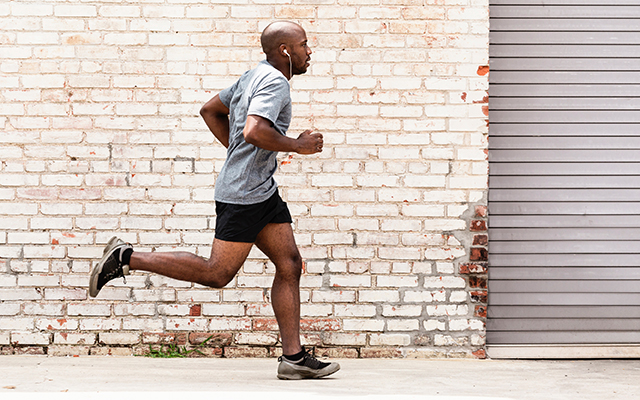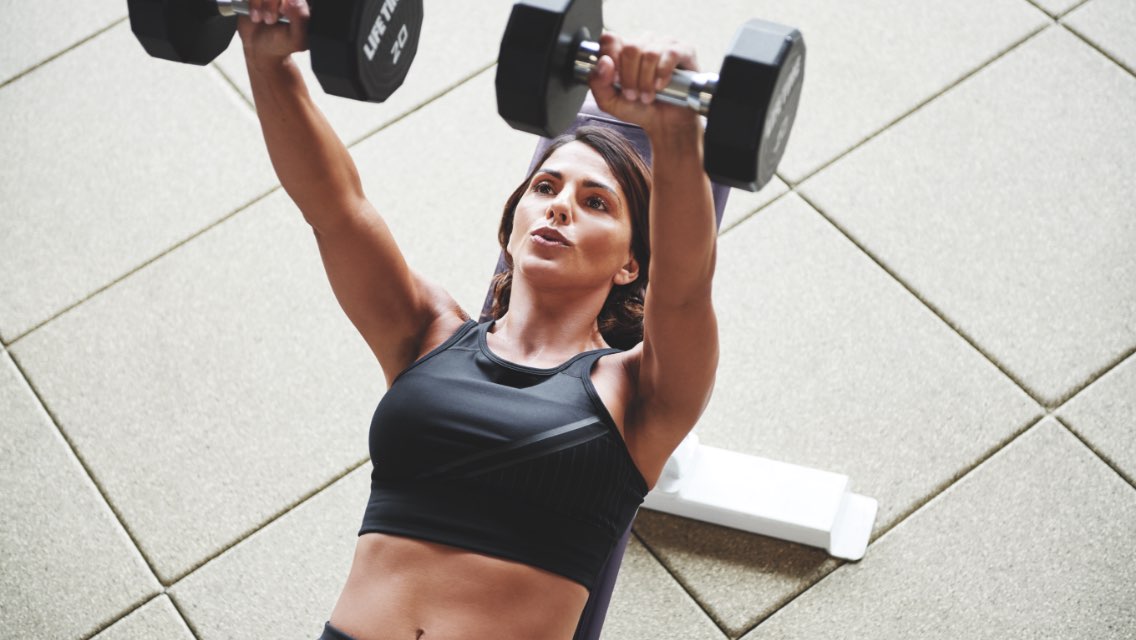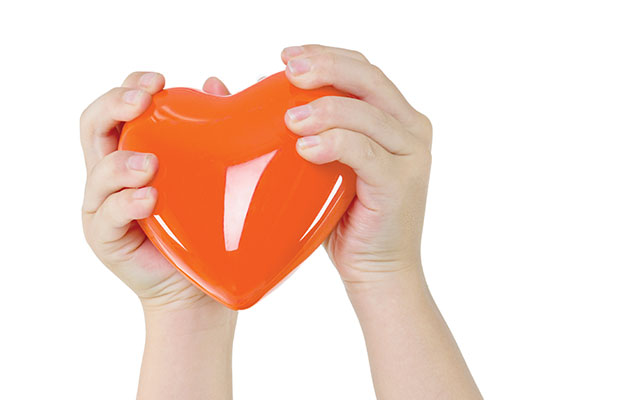Heart arrhythmias in endurance athletes is a growing problem, but because it’s not yet widely recognized, cardiologists and other healthcare professionals don’t yet have a can’t-fail formula to prevent avid exercisers from developing the condition. Still, they agree there are some steps you can take to reduce your risk:
1. Know your risk factors. Arrhythmias can have a genetic component, so it doesn’t hurt to learn your family history of heart problems. Smoking and poor nutrition (see suggestion 3) also increase the overall likelihood of heart trouble.
2. Monitor your heart. Use a heart-rate monitor to track your heart rate during workouts. Along with annual physical exams and periodic treadmill stress tests, tracking your heart rate can reveal changes in your heart health and inconsistencies in beats over time.
3. Manage inflammation through nutrition. A diet high in trans-fatty acids, refined carbohydrates, and sugar drives the body to create inflammatory chemicals. Conversely, a diet based on whole foods, particularly brightly colored vegetables and fruits, responsibly sourced meat, and anti-inflammatory fats such as omega-3 fatty acids can help reduce inflammation. (Learn more at “Fighting Inflammation”.)
4. Steer clear of excess. “The common factor that may be causing atrial fibrillation in athletes is excess,” says John Mandrola, MD, a cardiac electrophysiologist at Baptist Health Louisville. “In athletes, it might be too much exercise leading to too much inflammation and atrial stretch due to increased blood volume. In obese people, it might be too many calories leading to too much inflammation and atrial stretch.” (Intuitive training is one way to stay on top of what’s too much for you: Learn more at “How to Use Intuitive Training”.)
5. Know how to recognize the problem. Many athletes first notice arrhythmias when they’re at rest. They often describe feeling short of breath, or that their heart is “flopping” around in their chest. That’s the time to visit your doctor. If you’re a masters athlete (age 35 and older) and begin suffering from heart problems, it’s important to find and work with a good cardiologist who understands the athlete’s heart. Usually, doctors will conduct an EKG and, if need be, ask you to wear a Holter heart monitor for several days to document any arrhythmias.




This Post Has 0 Comments